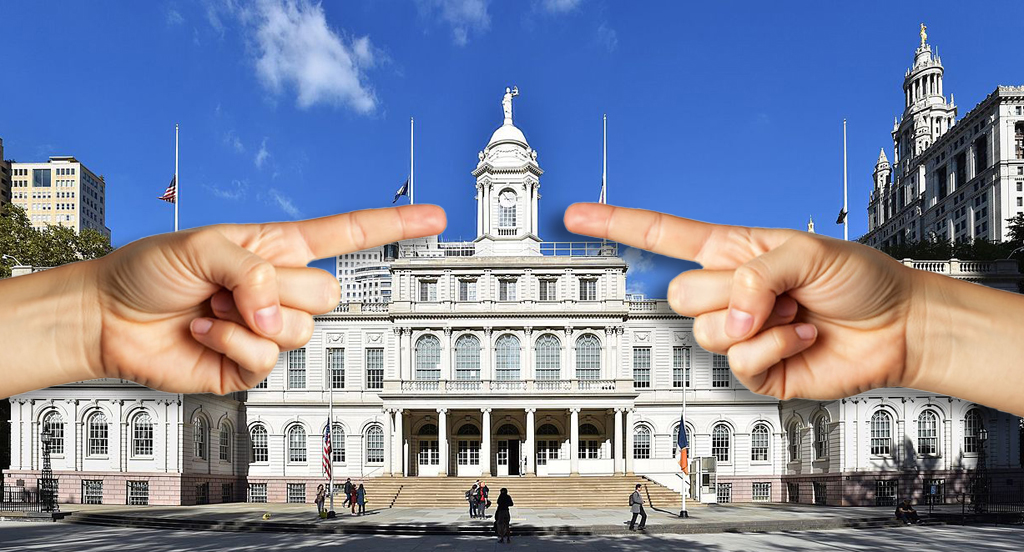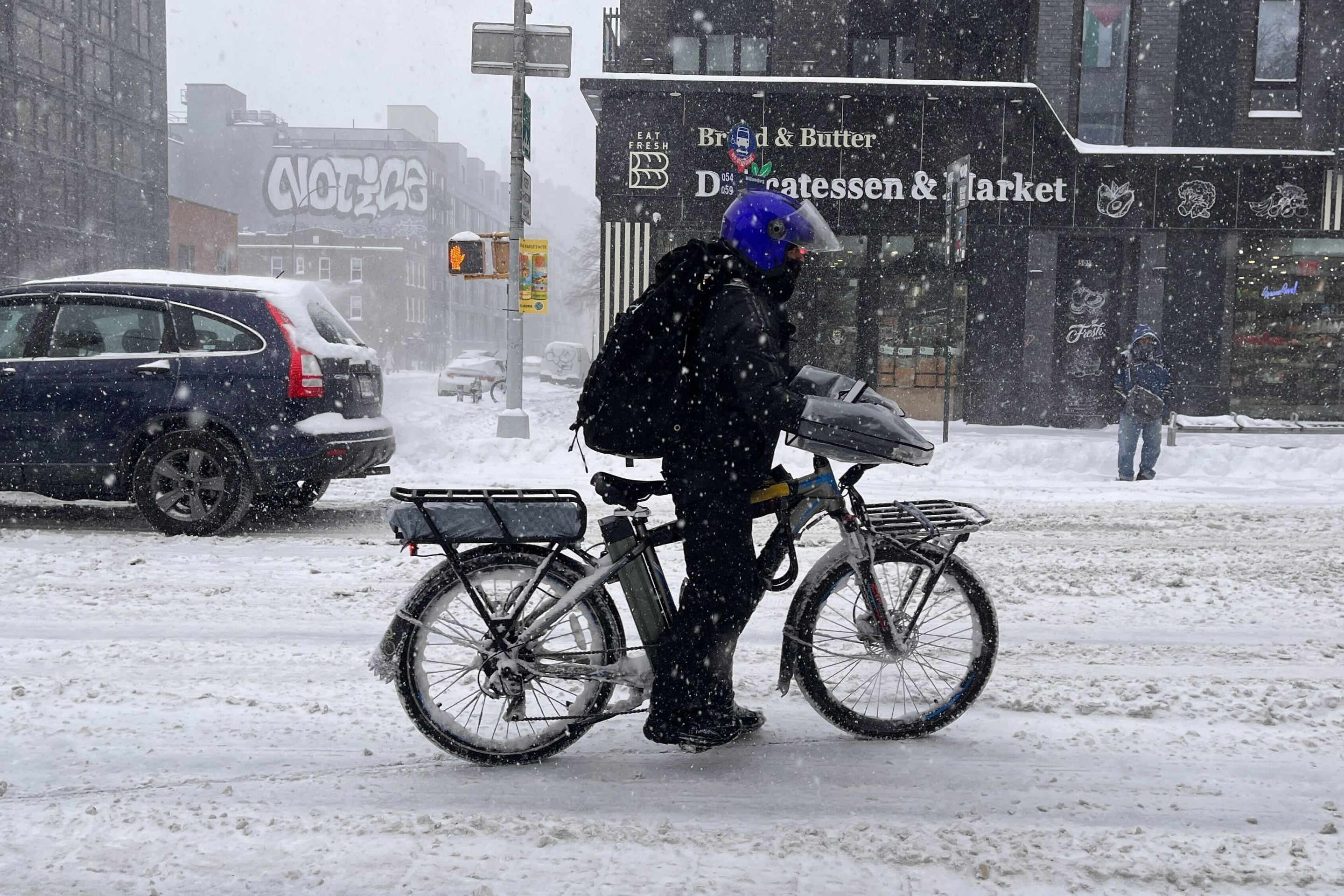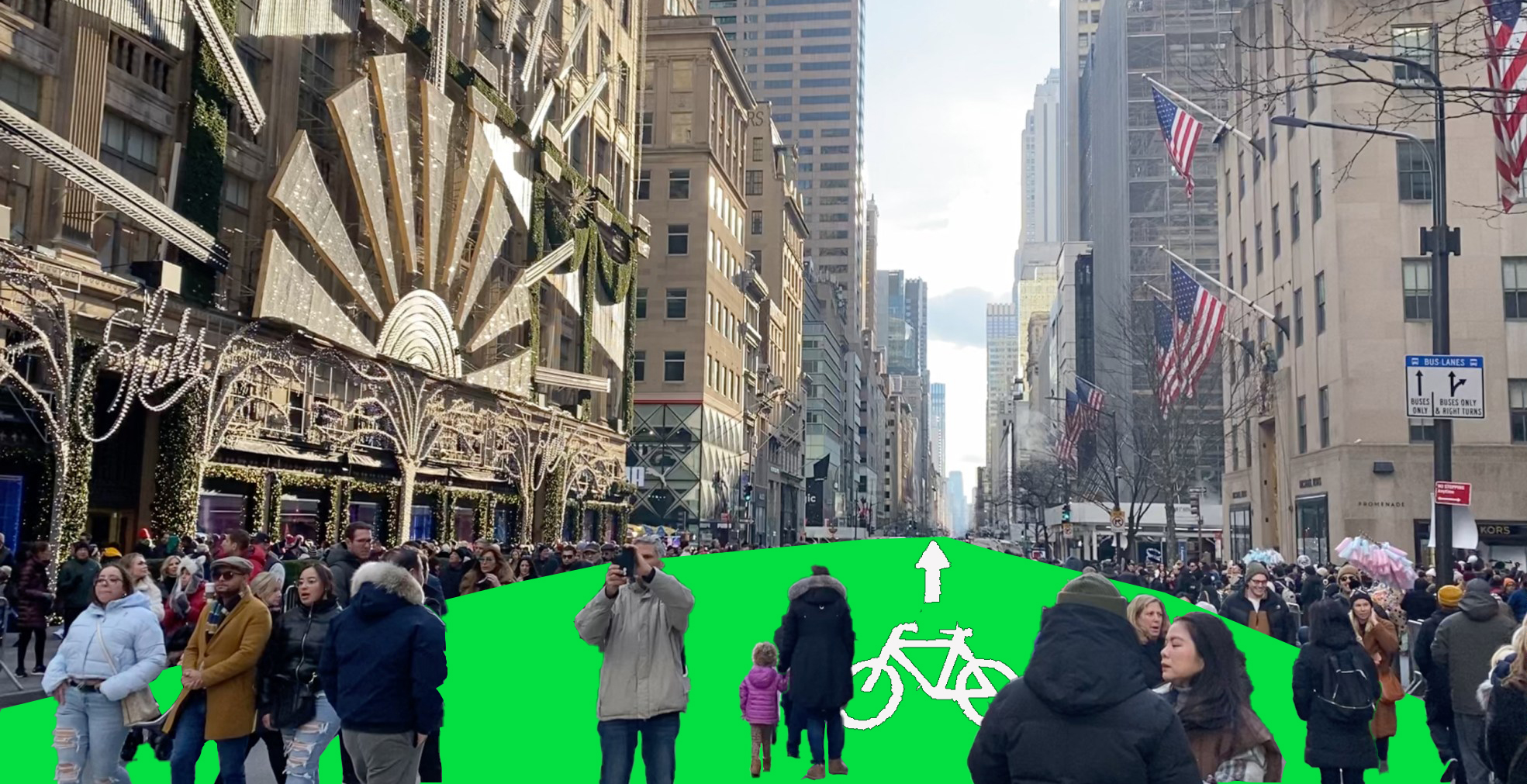The leaders of the nation’s big city transportation agencies have formed a tight-knit circle, brought together by the National Association of City Transportation Officials to share best practices, and yes, battle scars.
As NACTO’s first ever national conference drew to a close today, transportation chiefs from Boston, Philadelphia, San Francisco, Chicago and New York all talked about the progress their cities have made and shared their frustration at the lack of attention to cities and transportation in the state and national political arenas.
NYC Mayor Michael Bloomberg set the tone by blasting the state government in his introductory remarks. “Our economy is dependent on transportation," he said. "But our state refused to give us money for a new subway line, so we said 'screw you' and took city taxpayer money to extend a subway line.”
NYC Transportation Commissioner Janette Sadik-Khan put it even more starkly. She said that instead of the old New Yorker cartoon, a New Yorker’s view of the world, in which the map falls off dramatically after the Hudson River, “Washington’s view of the world is made up of Iowa, Ohio and lots of highways. And some dollar signs on the map where New York and Los Angeles are.”
Despite the lack of attention from Congress and the presidential contenders, Sadik-Khan explained that transportation innovations at the city level can cumulatively affect the nation’s economy, echoing yesterday’s plenary speaker Bruce Katz of the Brookings Institution. “You’ve got two-thirds of Americans living in top 100 metropolitans areas, where three-quarters of US GDP is generated,” Sadik-Khan said. "Yet there is no mention of cities in presidential debates." Added San Francisco Municipal Transportation Commissioner Ed Reiskin, “There was no mention at all of transportation in any of the debates.”
Given the progress that cities across the country are making on transportation reform, the question arises: How much more can cities do without the active support of Washington and state governments?
In Boston, where Mayor Menino recently declared “the car is no longer king,” the regional transit agency, the MBTA, is drowning in debt. According to the city’s transportation commissioner, Tom Tinlin, Boston has decided that it can’t wait for the state to fix the transportation system. They are creating bike lanes and using bike-share to help supplement reduced transit service and ensure that their residents can keep moving. Reiskin agreed: “The most cost-effective investment we can make in moving people is in bicycle infrastructure.”
Many of the panelists discussed the increasing importance of public-private partnerships, particularly in terms of bike-share and car-share programs, to expand transportation options. They also voiced the need for cities to use their leverage in these partnerships to ensure equitable delivery of services to residents of all socio-economic classes.
Other panelists, like Philadelphia Deputy Mayor of Transportation and Utilities Rina Cutler, called on state and federal governments to wise up. “The deficit we have now is nothing compared to what it will be if we don’t make smart investments now to maintain what we have… We cannot afford to just kick this down the road.”
So why aren’t state governments and Congress keeping up with cities? Chicago DOT Commissioner Gabe Klein proposed that it’s because city residents -- especially younger residents and entrepreneurs -- expect their mayors and city governments to move at a much, much faster pace. City governments have to be much more creative and nimble to respond to these demands or else risk losing the residents and businesses that power their economies.
Philadelphia’s Cutler countered that cities need to make a better case for themselves. “We have still not made the sale in terms of what a dollar’s worth of investment gets us,” she said. She says we need to a better job of making this case to convince constituents and to put pressure on state and national leaders. “We need to get really loud,” she said. “We have two years before next federal transportation bill, and we need to focus on economic and livability messages around federal investment in infrastructure.”






